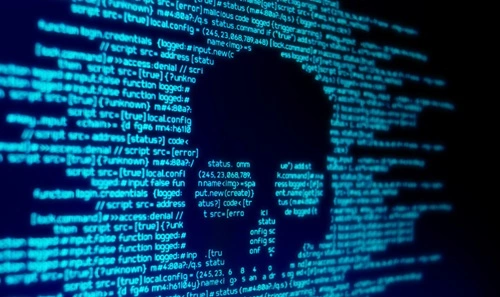Yes, hacking is illegal in the United States under most circumstances. Unauthorized access to computer systems, networks, or data is considered a violation of the Computer Fraud and Abuse Act (CFAA), which is the primary federal law addressing hacking-related crimes. Hacking can result in severe penalties, including fines, imprisonment, and civil liability.
What Constitutes Hacking?
Hacking generally refers to gaining unauthorized access to computer systems, networks, or data. This can include:
1. Accessing Without Authorization
Breaking into a computer system without permission, such as bypassing passwords or exploiting security vulnerabilities.
2. Exceeding Authorized Access
When an individual has legitimate access to a system but uses it beyond the scope of their authorization, such as accessing restricted files or stealing data.
3. Intent to Cause Harm or Obtain Unauthorized Benefit
Hacking often involves stealing personal information, intellectual property, financial data, or causing damage to systems or networks.
Federal Laws Governing Hacking
1. Computer Fraud and Abuse Act (CFAA)
- Enacted in 1986, the CFAA prohibits unauthorized access to computers and networks.
- Key Provisions:
- Unauthorized access to obtain information or defraud.
- Causing damage to computer systems or data.
- Trafficking in passwords or access credentials.
2. Electronic Communications Privacy Act (ECPA)
- Protects electronic communications and prohibits unauthorized access to emails, messaging systems, and other forms of digital communication.
3. Identity Theft and Assumption Deterrence Act
- Addresses hacking crimes involving identity theft and the unauthorized use of personal information.
Types of Hacking and Their Legal Implications
1. White-Hat Hacking
- Ethical hackers, also known as white-hat hackers, are authorized professionals who test systems for vulnerabilities.
- Legal Status: Fully legal with proper authorization from the system owner.
2. Black-Hat Hacking
- Malicious hacking intended to steal data, cause harm, or disrupt systems.
- Legal Status: Illegal under the CFAA and other laws.
3. Grey-Hat Hacking
- Hackers who identify vulnerabilities without authorization but do not intend to cause harm.
- Legal Status: Often illegal because accessing a system without permission is prohibited.
4. Hacktivism
- Politically motivated hacking, often involving the defacement of websites or leaks of confidential data.
- Legal Status: Illegal, regardless of the intent or cause.
Penalties for Hacking
1. Criminal Penalties
- Violations of the CFAA can result in fines ranging from a few thousand dollars to hundreds of thousands, depending on the severity of the offense.
- Prison sentences can range from 1 year to 20 years for serious offenses.
2. Civil Penalties
- Victims of hacking can sue perpetrators for damages, including the cost of repairing systems and recovering data.
3. State Laws
- Many states have their own laws addressing computer-related crimes, which can result in additional penalties.
Exceptions and Legal Hacking Activities
1. Authorized Penetration Testing
- White-hat hackers hired by companies to find and fix vulnerabilities are operating legally.
- Many organizations offer bug bounty programs to incentivize ethical hacking.
2. Self-Owned Systems
- Individuals are allowed to test or hack systems they own, as long as the activity does not involve third-party networks or devices.
3. Law Enforcement and Government Agencies
- Agencies like the FBI and NSA have legal authority to engage in hacking activities for national security or criminal investigations, subject to legal oversight.
Common FAQs
Q1. Is it illegal to hack my own computer?
Ans: No, hacking into your own computer or system is not illegal as long as it does not involve unauthorized access to external networks or systems.
Q2. What happens if I hack someone’s social media account?
Ans: Hacking social media accounts without permission violates federal and state laws, such as the CFAA, and can result in criminal charges and civil lawsuits.
Q3. Are there penalties for accidental hacking?
Ans: If hacking occurs accidentally (e.g., discovering a vulnerability without malicious intent), it may still be illegal if the system owner has not granted permission. Reporting the issue to the owner can help mitigate consequences.
Q4. Can minors be charged for hacking?
Ans: Yes, minors can face legal consequences for hacking, but juvenile courts may handle such cases differently than adult courts.
Q5. Are there legal ways to learn hacking?
Ans: Yes, many universities and organizations offer ethical hacking courses that teach students how to identify and fix vulnerabilities legally.
Conclusion
Hacking without authorization is illegal and carries significant legal consequences under federal and state laws. While ethical hacking and authorized security testing are permissible, accessing or tampering with systems without permission is a serious crime. Always ensure that hacking activities are conducted within the bounds of the law to avoid fines, imprisonment, or civil liability.

